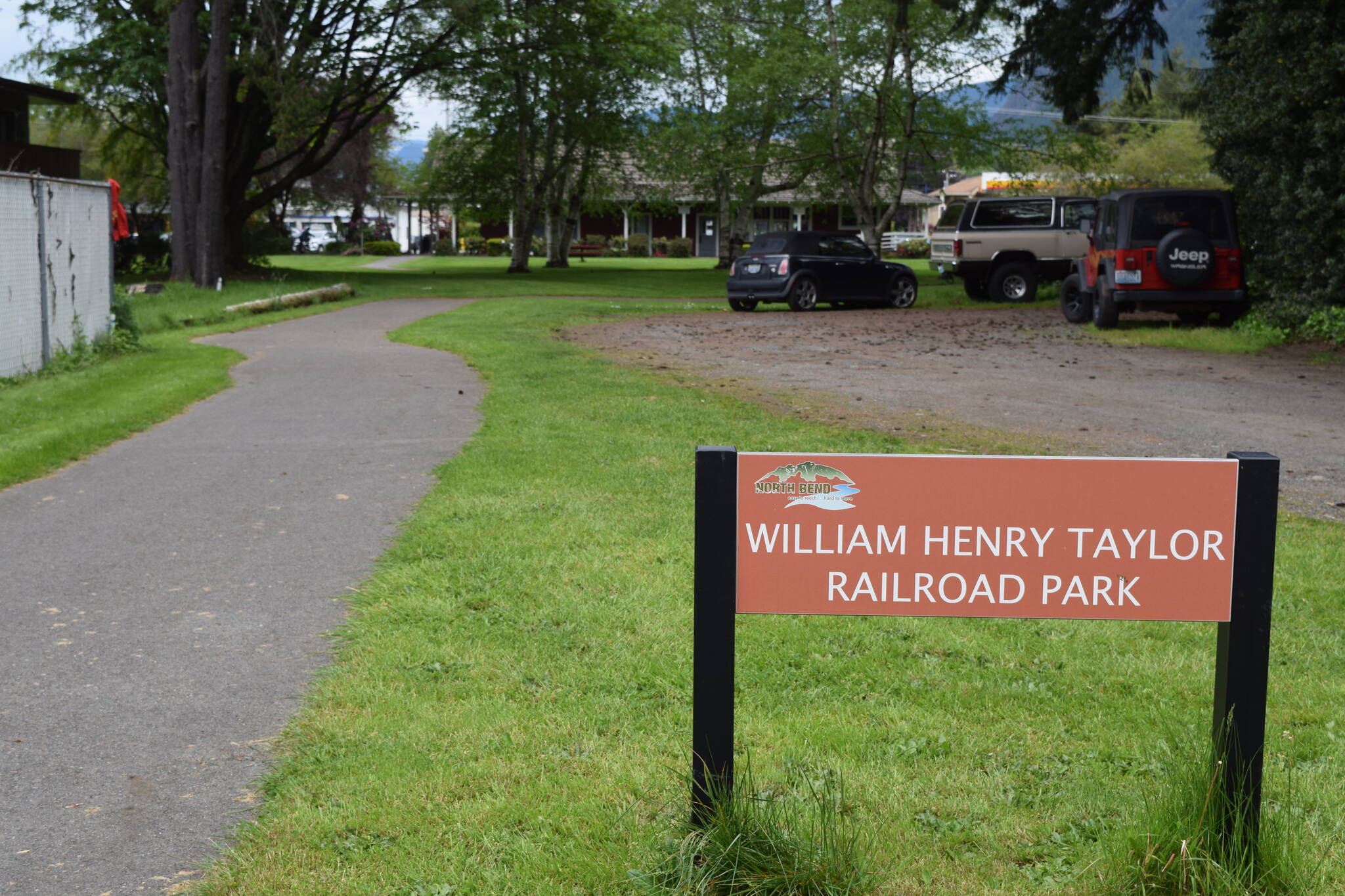Officials in North Bend are in the process of creating a new city law that would ban needle exchange services within city limits that are not associated with the state or county health departments.
The new law comes after a needle exchange service popped up in Taylor Park, off East McClellan Street, just outside of downtown. According to a city report, a man has been operating a needle exchange program out of a private van at the park. Upon investigation, the city said it discovered the exchange was not tied to a state or local health agency.
In the aftermath of this discovery, the city attorney’s office is working to add a new chapter to the city’s municipal code that would ban needle exchanges within city limits if they aren’t approved or sponsored by a state or local health department. The new law would make operating an unapproved needle exchange a civil offense.
North Bend City Attorney Lisa Marshall told the Valley Record that she became aware of the van two to three months ago, but was unsure if the van was serving anyone. Efforts to locate the man by the Valley Record were unsuccessful.
“The city is not targeting the individual in the van. I want to make that clear, the ordinance is not about the person in the van,” Marshall said. “What the ordinance is about is wanting to make sure that any needle exchange programs are vetted through the King County Department of Health.”
Needle exchange programs provide drug users with clean needles in an effort to limit needle sharing and prevent the spread of HIV, hepatitis and other blood-borne infections. According to the Centers for Disease Control, they are an “effective component” in reducing disease transmission and stopping substance abuse.
In Washington, needle exchanges, sales and distribution are legal under state law, but are only allowed to be distributed through public health departments, community-based HIV prevention programs or pharmacies.
The state Department of Health has sponsored these programs since 1992, after the state Supreme Court ruling in Spokane County Health District v. Brockett. The court ruled that Spokane County’s needle exchange, which was designed to lower the spread of HIV, was constitutional as a public health measure, despite violating state drug laws.
Public Health – Seattle and King County has been operating needle exchanges since 1989. In the last two years, the program has helped almost 750 people seek drug treatment, according to its website.
Most of King County’s exchange programs are located in central Seattle, but the county does sponsor other countywide programs. This includes a mobile outreach and delivery exchange program with the People’s Harm Reduction Alliance, a Seattle-based nonprofit that provides a needle delivery service to the Snoqualmie Valley area once a week.
How much of a need there is for a needle exchange service in the Snoqualmie Valley area is unclear. A spokesperson for the county health department said they don’t have needs assessment data for needle exchange services.
According to county data, the Snoqualmie, North Bend, Skykomish area has, on average, one probable non-fatal opioid overdose every two weeks. Countywide drug overdoses have been on the rise over the last decade, according to county data, with the number of overdose deaths rising roughly 40% between 2020 and 2021. Fentanyl and methamphetamine were the two most common drugs used in those overdoses.


